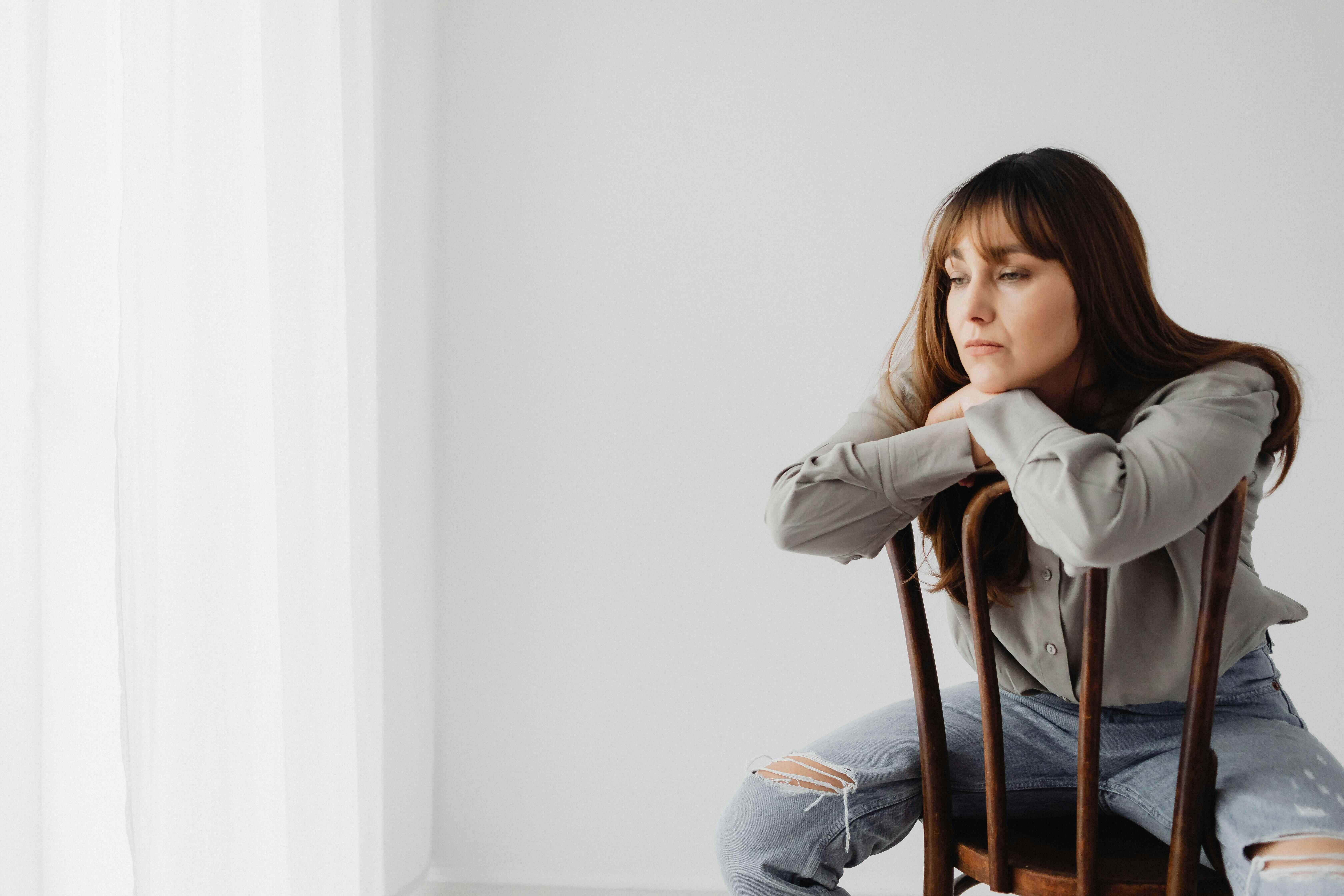Many families – like yours – rely on the kindness of egg donors to fulfil their dreams of having a baby. But thanks to the media and the internet, myths about egg donation can frighten them from making the leap.
With proven high pregnancy success rates, Central Egg Bank is one of Australia’s most experienced egg donation programs. Contact us to learn more about egg donation and how it can help you become a parent.
Dispelling the myths surrounding egg donation allows you to make informed decisions about your family’s future. Read on to discover the top 10 myths about egg donation.
Myth #1: Anyone can donate their eggs
It’s a common misconception that egg donation is open to anyone. In reality, egg donors undergo rigorous screening processes to ensure their suitability.
At Central Egg Bank, our donors are carefully selected Ukrainian women aged between 25-31 who have preferably completed their families and/or had a live birth. They undergo extensive medical and psychological evaluations, guaranteeing the safety and well-being of both you and the donors.
Our thorough screening process involves examining the donor’s medical history, a physical examination, infectious and genetic screening. All donors also undergo mandatory counselling to verify that they have provided informed consent.
Read Egg donation Australia: What is egg donation and how does it work?
Myth #2: You get very little information about the donor
With Central Egg Bank, you can access detailed donor profiles through our online portal. This allows you to look up their physical and academic attributes, hobbies, and personality traits.
Use our online portal to tailor your search based on specific preferences, such as hair and eye colour or qualifications.
Our dedicated team, led by professionals like Smadar or Amy, will assist you in navigating the portal, allowing you to select the perfect match for your new family.
Myth #3: Your baby will look like your egg donor
Many people believe that a child conceived through egg donation will inherit the physical characteristics of the egg donor. However, the reality is far more complex. Each person’s genetic makeup is a blend of various ancestral contributions, including those from parents, grandparents, and beyond.
For example, if the sperm carries DNA characteristics resembling those of your male partner or sperm donor, the child may inherit their traits. But thanks to some genetic features of their distant ancestors, your child’s appearance could be very different from that of your egg donor and sperm provider.
Some genes may be dominant, while others are recessive, leading to countless possible outcomes in appearance, behaviour, and other features. Every individual is unique, and the combination of genetic instructions results in a one-of-a-kind outcome. The resemblance between the child and the donor is not guaranteed, giving your baby a beautiful blend of characteristics from both genetic contributors.
Myth #4: The egg donor will have legal rights to my child
Your egg donor will have no legal rights or responsibilities towards your child. Legal agreements guarantee that both parties understand their roles, providing clarity and protection throughout the process. You can rest assured that the child is legally yours, and the donor has no claim to parental rights.
Myth #5: I will have another woman’s egg in my uterus
While the term ‘egg donation’ may suggest otherwise, you will not receive someone else’s egg in your uterus.
In reality, the donated egg serves as a carrier for genetic instructions from the donor’s gene pool, much like sperm does. After the genetic material from the egg and the sperm are combined, they create an embryo and duplicate. This creates a ball of cells that eventually implant into the uterine wall to grow into a fetus.
So, while the egg donor’s contribution is crucial, the resulting pregnancy isn’t a direct transfer of another woman’s egg into your uterus. Instead, it’s the result of a complex interplay of genetic material from both the egg donor and your sperm provider.
Myth #6: The egg donor only donates for money
Some countries allow donors to donate their eggs for financial gain. But in the UK and Australia, guidelines and legal requirements state that egg donors can receive only reasonable expenses needed to allow them to take part in the process. Donors receive an allowance for a variety of reasons, such as the costs of travel, child care, food while attending the clinic, and other reasonable expenses they might incur.
CentraLIVF strictly follows the Human Fertilisation & Embryology Authority (HFEA) directions and guidelines and adheres to all Australian legal requirements regarding egg donation. We ensure that our egg donation process is completely altruistic, as mandated by law.
All Central Egg Bank donors undergo extensive counselling sessions with local and Australian ANZICA counsellors, where they discuss their motives for donating. The motives and reasons can vary. Some donors may know a friend or family member who had difficulties conceiving naturally, and they feel this is their way to help others and make a difference in someone’s life.
Myth #7: The child won’t be my real ‘flesh and blood’
Pregnancy involves a deep physiological connection between you and your child. While genetic contributions come from both the sperm and the egg, your body plays a crucial role in nurturing and supporting the developing baby – from the tissue lining your uterus to the nutrients your body provides.
Parents who require both egg donation and surrogacy often find fulfilling relationships with their children. While the child won’t share your genetic material, the bond you form through love, care, and shared experiences will be profound and lasting. Parenthood is about much more than biology.
Myth #8: I need to choose an egg donor with the same blood type as me
Blood type compatibility between the donor and you is not a determining factor when choosing an egg donor, as the baby may inherit your blood type. Your donor’s blood type does not impact the outcome of the treatment.
Rather than focusing on blood type, consider other aspects of donor selection, such as genetic health and personal preferences. We recommend you consult with your fertility specialist regarding this matter.
Myth #9: I will have to wait a long time to receive my donor eggs
Central Egg Bank understands that you don’t want to wait any longer to start your family. That’s why we safely ship donor eggs from Ukraine to Australia approximately every six weeks.
We use specialised couriers from Babysteps Couriers who are trained in handling biological specimens and work alongside fully qualified embryologists. This guarantees that your eggs will arrive safe and sound at your local fertility clinic.
Myth #10: It’s difficult to fall pregnant with frozen donor eggs
We know how important it is for people who want to start a family to have a successful egg donation treatment. That’s why we’re proud to have a program whose donors are of a younger age to ensure a high success rate. With a 96% thaw survival rate and a 72% fertilisation rate, our program is designed to optimise your chances of having a healthy baby.
At Central Egg Bank, we are dedicated to providing personalised care and support during your fertility journey. Contact us to start the family you’ve always wanted.

















